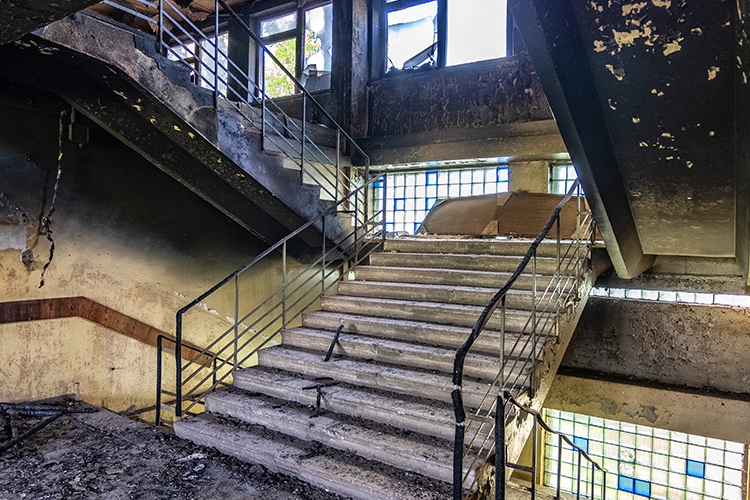By Mark Canthal, B.Sc. (Agr.), CR – manager, building consulting services, Western Canada RIA Certified Restorer and Gary Gardner, BA CIP – senior vice president, national sales, Canada
During the RIMS Canada conference, an array of risk managers will come together to discuss potential exposures and upcoming trends. Whether a full transfer of risk, partial transfer of risk or full retention is being considered, risk managers need to be cognizant of what they may need in the event that an exposure results in a loss. Here’s a sneak peek at the conversations taking place at the conference.
The right experts at the right time
Adjusters and insurers can provide the necessary expertise, brokers can provide guidance, and, in some cases, internal claims professionals are available to handle the resolution of the loss. Other industry experts — from damage appraisers to engineers and investigators — can be support as needed. However, when a property has suffered a loss, we tend to rely solely on adjusters and contractors.
A property loss requires thoughtful and proper management of scope, costs, timeline and the required experts. If an exposure has not been transferred to an insurer, you may find yourself scrambling for the right resources to help you manage that loss. Not to mention, it’s likely you will need assistance documenting that loss to ensure the best chance for recovery. Building consultants are trained technical experts who can provide the expertise to guide you through the most complex of situations — no matter how large the loss.
When examining a property loss, a building consultant — who at times will work in parallel with an adjuster — can guide you through the management of costs and share insight about how best to avoid unnecessary spending. This can be done several ways:
- Detailed loss documentation.
- Management of emergency repairs.
- Engagement of specialists (drying etc.).
- Upfront contractor rates negotiation.
- Thoroughly prepared and appropriate scopes of work and bid documents.
- Accurate appraisals and valuations.
- Backend audits of contractor invoices.
Building consultancy resources
Before and after a property loss, a building consultant can ensure that project costs are controlled by dealing directly with the contractor. Proper assessment is the key to avoiding surprises throughout the project; it also allows for better documentation when looking for recovery from another entity.
When property damage occurs, the various steps involved in obtaining repair estimates and technical advice can be overwhelming. Having a partner managing the process can help control costs and improve the outcome. Sedgwick offers a wide range of specialized building consulting services to help insurance companies and customers every step of the way — with a focus on cost control and proper documentation.
We’ll see you at the RIMS Canada conference, but in the meantime…
- Stop by booth 315 to learn more about our property solutions.
- Catch up on the latest edge magazine articles.
- Follow Sedgwick on LinkedIn, Twitter and Instagram for live updates.
- Search #RIMSCanadaConf to explore what’s trending on social media.
Every step of the way, we’re here to help you embrace, elevate and expand your view. See you September 11-14, Halifax!

